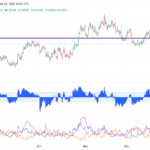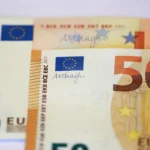We don’t currently see political and fiscal developments in France as a major risk for the euro. While it’s possible that a significant euro reaction could occur even without a 5+ z-score deviation – given the higher starting point of the OAT-Bund spread – past experience (including with BTPs) suggests the speed of change matters more than the level. As noted earlier, it’s difficult to identify a realistic fiscal consolidation path for France, and the risk of continued OAT spread widening remains tangible.
Still, for the euro, this shouldn’t matter much beyond short-lived episodes. The ECB’s TPI backstop is another reason not to materially alter EUR views based on French bond pressures. EUR/USD remains primarily a dollar story, and we expect that to continue, given the Fed’s much wider room to cut rates compared to the ECB and the impact of Trump’s protectionist policies. Developments around potential Ukraine-Russia peace talks pose a much bigger risk to the euro. Our EUR/USD forecast remains unchanged at 1.17 for end-3Q and 1.20 by year-end.
EUR/CHF has historically shown a stronger correlation with eurozone sovereign spreads than EUR/USD, but CHF has not outperformed the dollar following the recent French political news. The recent decline in EUR/USD appears driven mainly by dollar strength amid month-end flows rather than other factors.




















